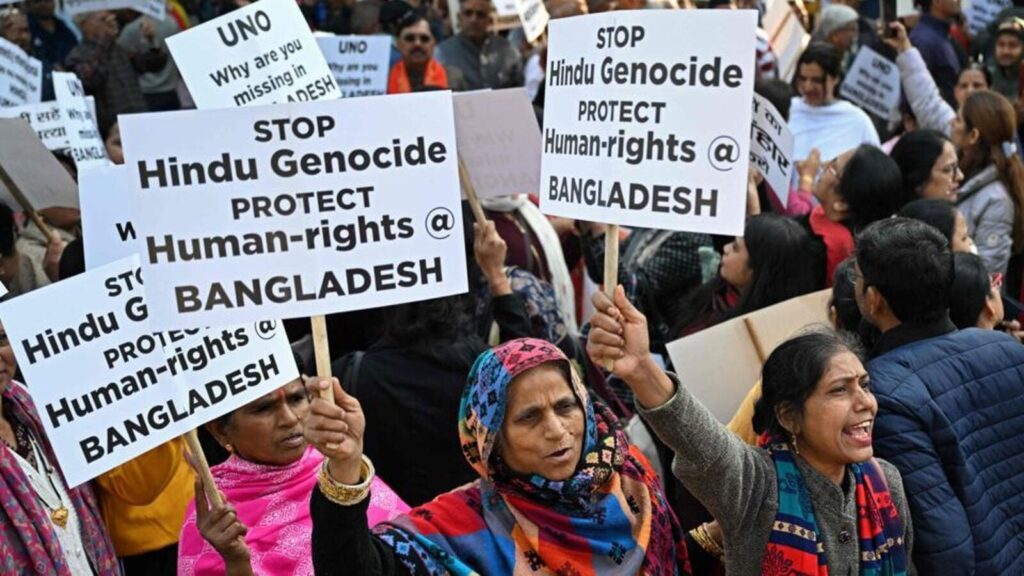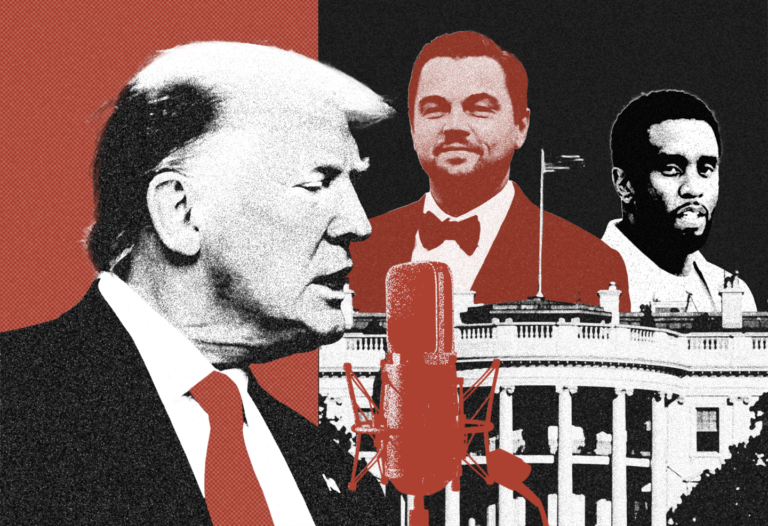
The protection of human rights for all Bangladeshi citizens, regardless of religion, came to light in a phone conversation between US National Security Advisor (NSA) Jake Sullivan and interim Prime Minister Muhammad Yunus against the backdrop of attacks on the Hindu minority in Bangladesh.

Sullivan, who spoke with Yunus on Monday evening, reiterated US support for a stable and democratic Bangladesh, according to White House statements. “The two leaders expressed their commitment to respect and protect the human rights of all people, regardless of religion,” the statement said, without providing details.
India and the United States have expressed concern in recent months over reports of Hindus and other minorities being targeted in Bangladesh after the overthrow of the government led by former Prime Minister Sheikh Hasina in August. Bangladesh’s interim administration described these reports as exaggerated, and Yunus said he was committed to protecting the rights of all Hindus.
The White House statement said Sullivan thanked Yunus for leading Bangladesh “during a challenging time.” Sullivan affirmed US support for a prosperous, stable, and democratic Bangladesh, and offered “continued US support in confronting the challenges Bangladesh faces.”
The statement issued by Yunus’s spokesman during the phone conversation was completely silent on the issue of protecting the rights of Bangladeshi citizens. The statement said that the two leaders discussed issues of common concern, and Sullivan praised the progress made by Bangladesh in changing the course of the economy and initiating political, electoral and other reforms.
“Sullivan also thanked him for announcing the potential dates for the elections, and offered continued American support for the democratic process in the country,” the statement said, referring to Yunus’ statements in a recent interview that general elections could be held in late 2025 or late 2025. Early 2025 2026.
Yunus said he expects reports on six reform committees by January 2025, after which a “consensus building process” will begin to prepare Bangladesh for reforms and elections, the statement said.
The two sides also discussed the development situation in Bangladesh, and Yunus thanked the United States for its support in overcoming “legacy problems.”
Relations between India and Bangladesh have sunk to a new low since the Yunus-led interim government took power, primarily because Hindus and other minorities in the neighboring country have been targeted. The arrest of Bangladeshi monk Chinmoy Krishna Das in November on charges of sedition, which sparked widespread protests in several Indian states, emerged as a new source of tension in relations.
There have been reports of attacks on Hindus, vandalism of temples and businesses owned by the minority community in light of the power vacuum after Hasina stepped down. The unrest resulting from the arrest of monk Chinmoy Krishna Das led to further attacks on the sect, especially in southern Bangladesh. The interim government said it was committed to protecting minorities and 70 people were arrested in connection with 88 attacks in recent months.
Before winning the US presidential election, Donald Trump targeted US President Joe Biden and Vice President Kamala for allegedly not doing enough to prevent attacks on minorities in Bangladesh. “I strongly condemn the barbaric violence against Hindus, Christians and other minorities who are being attacked and looted by mobs in Bangladesh, which remains in complete chaos,” Trump said in an October X post.
But after winning the election, Trump remained silent on the issue. Recently, Indian-American MP Shri Thanedhar raised attacks on Hindus in Bangladesh and said it was time for the US Congress to act.
“Majority mobs have destroyed Hindu temples, Hindu gods and Hindus who peacefully practice their religion,” Thanedar said in the US House of Representatives on December 11. The United States government must act… every possible tool at our disposal must be used to ensure that such atrocities in Bangladesh against Hindus stop immediately.
A day later, the White House said that President Biden was monitoring the situation in Bangladesh, and that the United States would hold the interim government in Dhaka responsible for ensuring the protection of religious and ethnic minorities.
“The security situation in Bangladesh has been difficult following the ouster of the former prime minister. We are working closely with the interim government to strengthen the ability of law enforcement and security agencies to deal with the challenge,” National Security Communications Advisor John Kirby said in a press conference.







